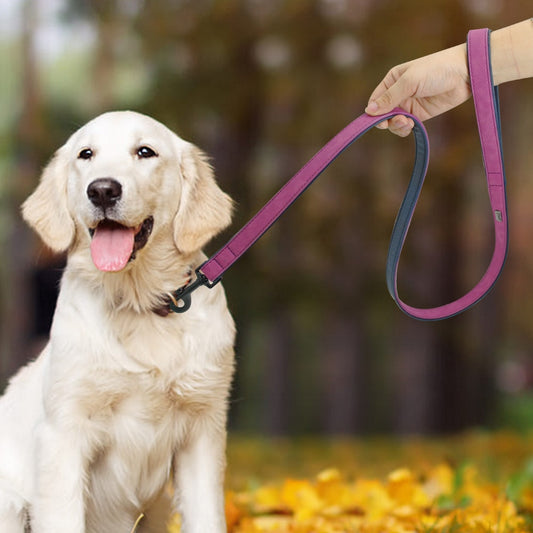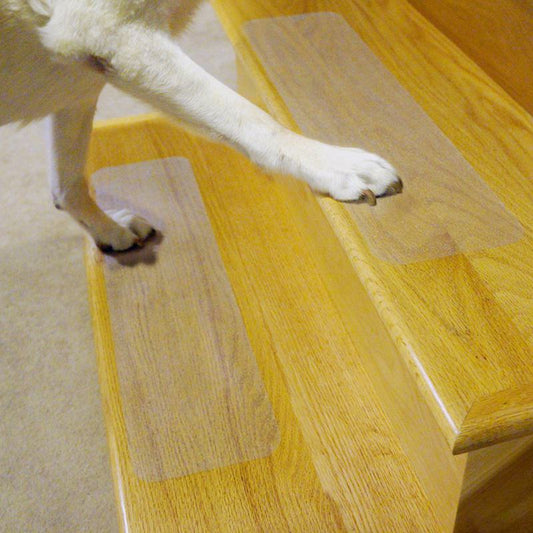
Why punishing your dog often doesn't work
Rian de BoerShare this blog post
As dog owners, we all want our furry companions to be well behaved and well behaved. In our efforts to achieve this, the temptation to punish our dogs when they exhibit unwanted behavior can be great. However, it is important to understand that punishment is often not the most effective way to change behavior in dogs. In this blog we will discuss the reasons why punishing your dog often doesn't work and explore alternative approaches to training and behavior improvement.
Fear and Negative Associations
Using punishment on dogs can lead to fear and negative associations. Instead of understanding the connection between their behavior and the punishment, dogs can become confused and anxious in the presence of their owner. This can lead to a weakened bond of trust and can worsen problem behavior instead of improving it.
Lack of Clear Communication
Dogs don't understand our language the same way we do. Punishing a dog without understanding the connection between his behavior and the punishment can lead to confusion and unclear communication. Instead of teaching your dog what is and isn't acceptable behavior, punishment can only teach your dog that certain situations or actions have negative consequences without understanding why.
Positive Training Techniques
Using positive training techniques is often more effective than punishment. Positive reinforcement rewards desired behavior with praise, treats, and praise, creating positive associations for your dog and encouraging him to repeat the desired behavior. By rewarding your dog for good behavior, you create a positive and trusting relationship between you and your pet.
Patience, Consistency and Reward
Behavior change takes time and requires patience and consistency. It is important to have realistic expectations and guide your dog step by step. By rewarding desired behavior and ignoring or redirecting unwanted behavior, you help your dog understand what desired behavior is. Gradually your dog will learn which behavior is rewarded and will be inclined to repeat this behavior.
Conclusion
While the temptation to punish your dog is understandable, research and experience often show that punishment is not the most effective way to achieve behavior change in dogs. It can lead to anxiety, negative associations and lack of clear communication. Instead, using positive training techniques, patience, consistency and reward is a more effective approach. Investing in a good training method that is based on understanding and positive reinforcement will not only result in a well-behaved dog, but also a strong bond between you and your pet.















